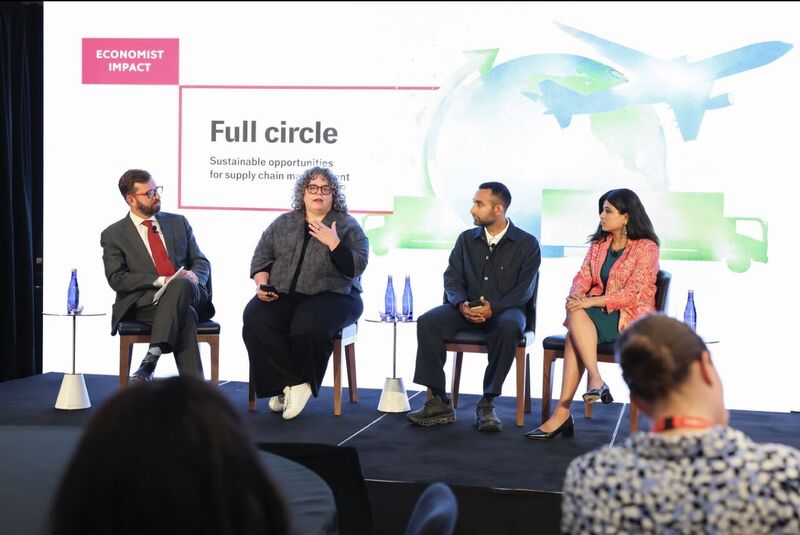Sustainability is no longer a niche concern—it’s a business imperative. Consumers want sustainable brands. Regulators are cracking down. But as the pressure to "go green" grows, companies are taking two very different (and flawed) approaches:
- Greenwashing – Overstating sustainability claims to appear more eco-friendly than they really are. Think “recyclable” packaging that isn't in fact curbside recyclable or “organically sourced” claims with little transparency.
- Greenhushing – Due to the fear of scrutiny or legal repercussions - staying silent on sustainability efforts. Some brands doing great work refuse to talk about it—fearing backlash.
The problem? Both erode trust. Consumers see through false claims, and silence slows down industry progress.
The challenge? Brands must communicate their sustainability commitments transparently and authentically.
Some companies have been caught greenwashing—making vague claims about being "eco-friendly" without data to back it up. Others, fearing criticism, have chosen green-hushing—keeping sustainability efforts quiet.
So, how can brands avoid both?
Be Specific: Vague claims like "eco-friendly" or "sustainable" aren't enough. Consumers want to know how and why (repeatedly).
Gimme Seaweed, an organic seaweed snack brand, goes beyond generic claims by detailing its sustainability efforts. They emphasize seaweed’s role as a regenerative crop that thrives without freshwater and they've also introduced a line of roasted seaweed snacks free from plastic packaging, setting a new standard in eco-friendly practices. And what's more, Gimme Seaweed funds plastic waste recovery to take action on plastic!
Back It Up with Proof: Sustainability claims should be backed by third-party certifications, partnerships, or lifecycle assessments.
Saie leads by example through The Climate Initiative, ensuring that their impact reports, packaging labels, and website communicate verified progress toward sustainability, including verified plastic recovery!
Be Open About the Journey: No brand is 100% sustainable overnight. Consumers appreciate honesty about challenges and progress.
Grove Collaborative demonstrates transparency by acknowledging that achieving 100% plastic-free operations is a process. They’ve committed to 100% Plastic Neutrality as an immediate impact measure while working towards becoming completely plastic-free. The openness about their challenges and progress resonates with consumers seeking authenticity.
The takeaway? People see through greenwashing, but silence isn’t the answer either. 72% of global consumers actively seek out brands that are transparent about their sustainability efforts. Brands need to communicate sustainability with clarity, honesty, and proof. As regulations tighten, businesses that get this right will lead the way. Those that don’t? They’ll struggle to keep up.



.avif)
.jpg)







